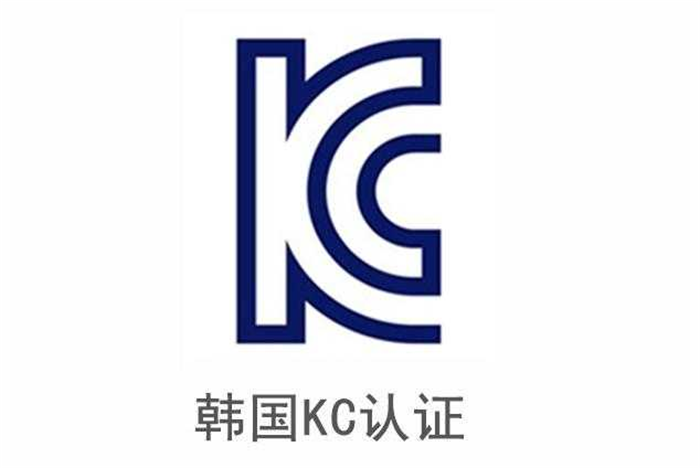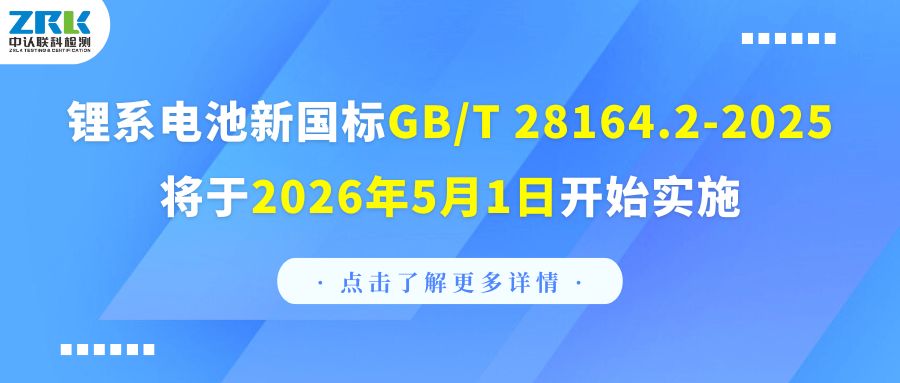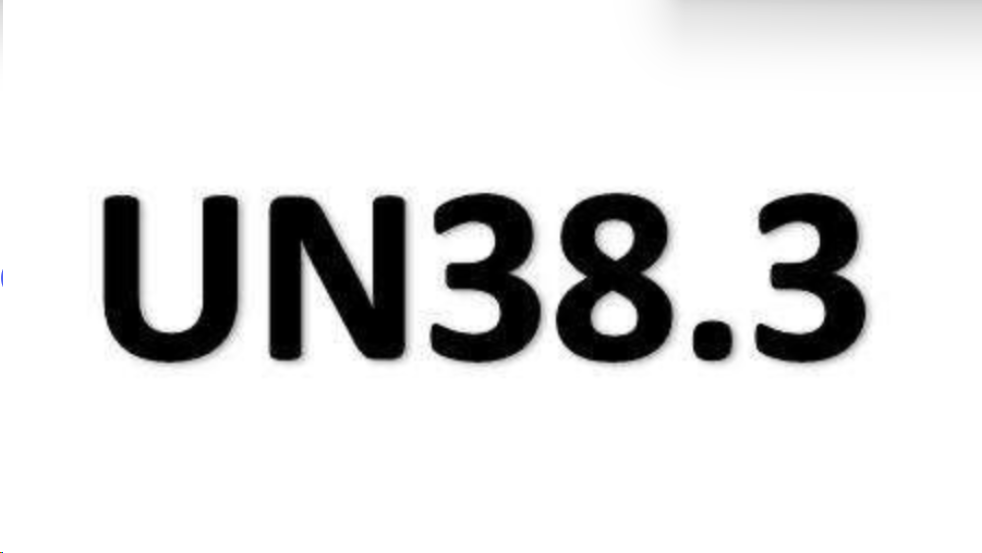KC certification overview
The electrical appliance safety certification system is a mandatory and self-disciplined (voluntary) safety confirmation certification system implemented in accordance with the Electrical Appliances Safety Management Law, and is a manufacturing/sales system for safety certification.
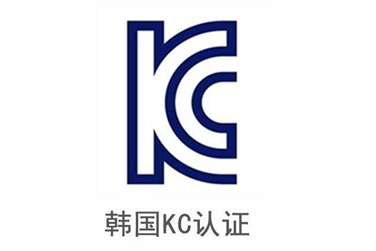
KC certification process Applicant (or agent) submit product information
The certification process for new applications is as follows:
(1) Application form: electrical appliance safety certification application (compulsory product), electrical appliance self-regulatory safety confirmation application and electrical appliance self-regulatory safety confirmation statement (self-regulatory product);
(2) Model difference (for multiple models)
(3) Circuit schematic and PCB LAYOUT
(4) List of key originals and related certifications
(5) Specification
(6) Product frame
(7) Power of Attorney
(8) ID number application form
(9) Label (Marking Label)
(10) Product manual (Korean)
If a product is produced by several independent factories, although the products are the same model, several factories should obtain certification marks at the same time. Overseas manufacturers can apply directly or authorize Korean local agencies and representative manufacturers to apply.
Factory inspection
The Korean Safety Law stipulates that after accepting the application, the authorisation requires a first factory inspection of the factory.
According to the items required by the safety law, conduct a preliminary assessment of the factory's quality control system, involving the following aspects:
The factory shall produce certified products consistent with the samples confirmed by the certification body in accordance with product certification implementation regulations and factory quality assurance capability requirements. According to the laws related to Korean safety certification and the relevant regulations of the Korea Industrial Technology Laboratory (KTL), your factory should have the following documented procedures or regulations, and the content should be compatible with the factory quality management and product quality control:
(1) Product change control procedures
(Example: After the certification product change declaration is approved by the certification body, the relevant department should formulate corresponding technical documents in strict accordance with the approved changes and issue them to the relevant departments to implement the changes of the certified product correctly. Unapproved changes cannot be changed The certification mark is applied to the product.)
(2) Document and data control procedures
(3) Quality record control procedures {should include record retention period of at least 3 years (only purchase, routine and operational inspection records)
(4) Routine inspection and confirmation inspection procedures
(5) Non-conforming product control procedures
(6) Inspection or verification procedures for key components and materials
(7) Internal quality audit procedures
(8) Process operation instructions Inspection standards, instrument and equipment operating procedures, management systems and other procedures
The factory shall keep at least the following quality records to verify that the factory has indeed conducted all production inspections and production tests, and the quality records shall be true and effective:
(9) Product routine inspection and confirmation inspection records:
Incoming inspection/verification records of key components and materials and qualification certificates provided by suppliers
① Records of regular calibration or verification of inspection and test equipment;
② Routine inspection and confirmation (operation) inspection records;
③ Daily inspection records of safety equipment on the production line (workshop);
④ Disposal records of unqualified products (purchase, routine and operation);
⑤ Internal audit records;
⑥ A record of corrective actions taken by a customer complaint;
⑦ Correction record of unqualified operation inspection;
Annual factory inspection:
After the authorization of the certificate, the certification body will conduct an annual follow-up review of the factory every year. The main purpose is to check whether the consistency of the factory's quality control system can continue to meet the standards of the safety law.
Annual factory inspection matters are divided into two parts:
(1) The requirements, contents and contents of quality documents, quality records, and related contents on the manufacturing site are basically the same as the initial review.
(2) It is necessary to confirm the consistency of all products authorized by KC Mark in the factory. According to the attached page of the product's authorization certificate (list of key components), confirm the key components, materials, circuits, and structures of the certified products to see if they are consistent.
Sampling requirements:
There are 216 kinds of products listed in the scope of KC Mark compulsory certification so far. The Korean Safety Law stipulates that all kinds of products are sampled every year, so each product is sampled once a year.
Sampling method:
The factory inspector conducts the annual inspection. When there is production or inventory on site, the inspector seals the sample and the factory sends the sample to the designated address within 3 months. When there is no production or inventory in the factory inspection, the factory must send the designated sample to the designated address within 6 months.
If you have any questions or are unclear about the above content, you can contact our company and a professional engineer can answer it online for you. ZRLK focuses on providing comprehensive technical services such as testing, certification, appraisal, technical consulting, and solutions for the majority of corporate customers. Enterprises with related testing and certification requirements can directly contact ZRLK to consult related businesses.
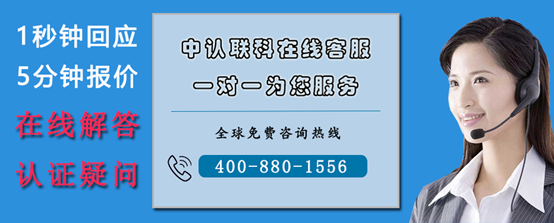


![[Holiday Notice] ZRLK 2026 Chinese New Year Holiday Schedule](/uploads/image/202602/698559be66d97.jpg)
